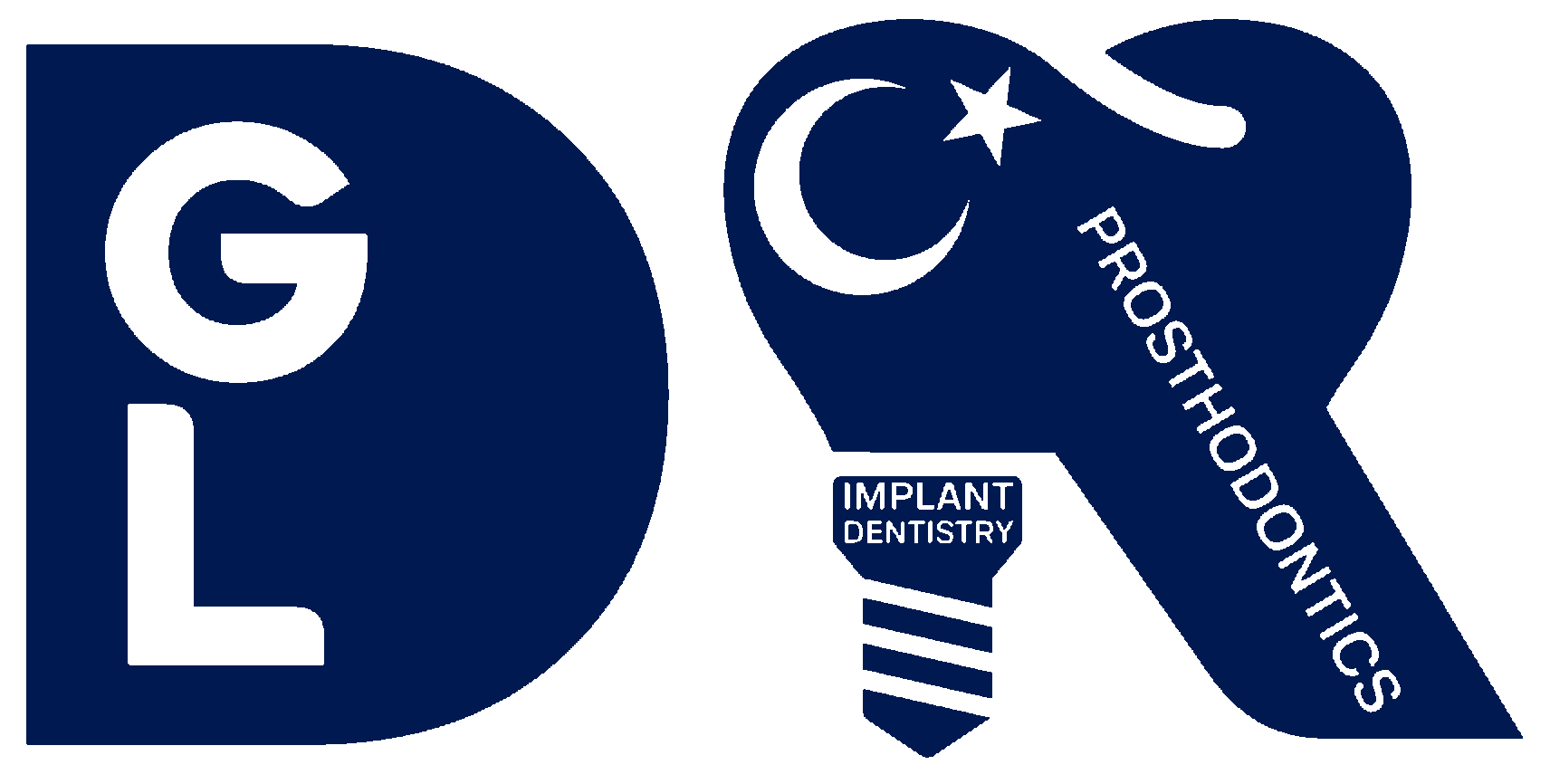Wisdom teeth, also known as third molars, are the last set of teeth to emerge in the mouth, typically appearing between the ages of 17 and 25. While some people experience no issues with their wisdom teeth, others may face a variety of problems that necessitate dental intervention. This article explores common wisdom teeth issues and provides insights into their management.
What Are Wisdom Teeth?
Wisdom teeth are the third set of molars located at the back of the mouth. They are called "wisdom teeth" because they usually appear at a more mature age. In some cases, these teeth can be beneficial if they are healthy and properly aligned. However, more often than not, they can cause complications.
Common Problems Associated with Wisdom Teeth
1. Impaction: One of the most common issues is impaction, where the wisdom teeth do not have enough room to emerge or develop normally. Impacted wisdom teeth can grow at various angles, sometimes even horizontally, leading to pain and discomfort.
2. Crowding: As wisdom teeth try to emerge, they can push against other teeth, causing crowding and misalignment. This can affect the overall dental structure and may require orthodontic treatment.
3. Infection and Gum Disease: Partially erupted wisdom teeth can create a flap of gum tissue that traps food and bacteria. This can lead to pericoronitis, an infection of the gum tissue, and increase the risk of gum disease.
4. Tooth Decay: Wisdom teeth are located at the back of the mouth, making them difficult to clean. This can lead to cavities and tooth decay, which may affect adjacent teeth as well.
5. Cysts and Tumors: In rare cases, impacted wisdom teeth can lead to the development of cysts or tumors, which can damage the jawbone and surrounding teeth.
Symptoms of Wisdom Teeth Problems
- Pain or swelling in the back of the mouth
- Red, swollen, or bleeding gums
- Jaw pain or stiffness
- Bad breath or an unpleasant taste in the mouth
- Difficulty opening the mouth
Treatment Options
- Monitoring: If wisdom teeth are not causing any problems, a dentist may recommend regular monitoring to ensure they remain healthy.
- Medication: Pain relief and antibiotics may be prescribed to manage symptoms of infection or discomfort.
- Surgical Extraction: In cases where wisdom teeth cause significant issues, surgical removal may be necessary. This is a common procedure that can prevent further dental complications.
Preventive Measures
- Regular dental check-ups to monitor the development of wisdom teeth
- Good oral hygiene practices, including brushing and flossing
- Early consultation with a dentist or oral surgeon if symptoms arise
Conclusion
Wisdom teeth can be a source of discomfort and dental issues for many individuals. Understanding the potential problems and seeking timely dental advice can help manage these issues effectively. If you suspect any problems with your wisdom teeth, consult with a dental professional to explore the best course of action.












